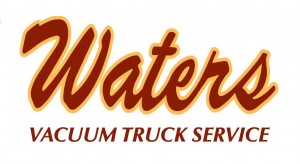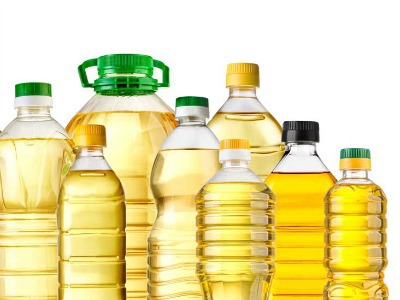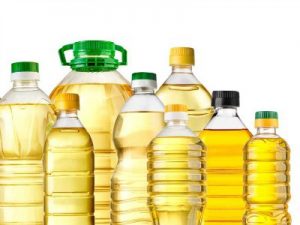How to Properly Dispose of Used Cooking Oil
Cooking with oil is a popular option – whether you are deep frying a turkey or browning some ground meat, you often end up with a lot of leftover used oil. It’s important to realize the dangers of dumping used cooking oil down your drains. This can lead to costly back-ups due to clogged lines, and in the case of those with septic systems, premature failure of your leach/drain field. Here are some tips on how best to reuse or dispose of your used cooking oil.
Reuse Leftover Cooking Oil
If the oil has only been used once chances are you can save the leftover cooking oil to use again. Simply strain the oil through a coffee filter or cheesecloth to remove any particles and crumbs. Once filtered be sure to store this oil in an airtight vessel in a dark place.
At most you should only reuse your oil twice, and always make sure to give it a sniff before using it. If the oil smells rancid, get rid of it. Also, be aware that each time you reuse the oil it deteriorates and lowers the temperature at which it will begin to burn.
Used Cooking Oil Recycling/Disposal Options
If you decide against saving your used cooking oil, or if it’s gone bad, it is important to dispose of it properly. If you live or work in the greater Reno/Sparks/Carson City area, Waters Vacuum Truck Service can accept this waste for reuse and conversion to biodiesel.
Please contact J.D. at 775-826-8887 for further information.
Alternately, if you live outside of this area we advise contacting your local environmental health department to inquire on recommendations or places to get rid of your oil.
Always Avoid the Following When Disposing of Used Cooking Oil
- Do not pour oil down a sink, tub, or toilet. It can clog not only your pipes, but also the city sewer mains. Water contaminated with oil is difficult, and sometimes impossible, to treat. Disposing of used cooking oil this way can also lead to pollution of local waterways.
- Do not add oil to a septic system. It can clog pipes as well as your distribution lines and drainage field.
- Do not dispose of oil in compost bins or piles. Fats are bad for compost, and cooking oil is pure fat.
- Do not pour hot oil into the trash ever. This can cause fires.






Thanks for the tip to contact the environmental health department to find out how to deal with oil disposal and recycling. I have a buildup of oil in my home that I really need to take care of. I’ll consult with a professional so I can deal with all of my waste oil and make sure it is handled in a way that is friendly to the environment.